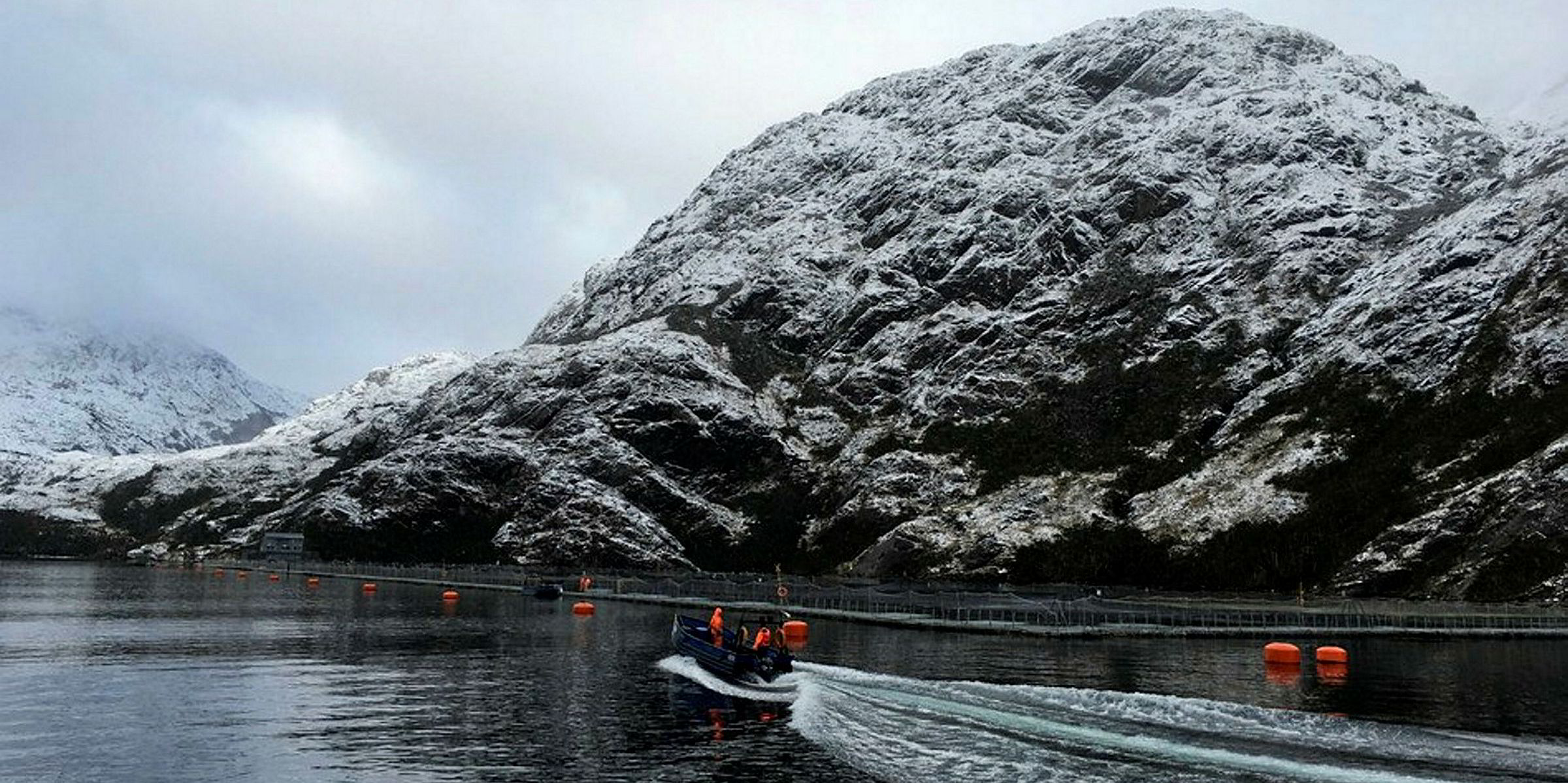Chilean salmon farmer Nova Austral moved into the red in 2019, reporting a net loss of $800,000 (€738,064), the result of lower market prices, higher costs and increased distribution costs, the company said Tuesday.
Earnings before interest, tax, depreciation and amortization (EBITDA) for 2019 were at $17.4 million (€16.1 million), down 31 percent year-on year. Meanwhile, revenues saw a marginal 2 percent reduction to $129.9 million (€119.8 million).
However, the salmon farmer posted a considerable loss for the fourth quarter of 2019 of $4.6 million (€4.2 million), a major turnaround from from a profit of $1.8 million (€1.7 million) at the same time last year.
The company also incurred an increase of administration costs due to legal fees, amounting to $2.2 million (€2 million) in the fourth quarter, spending a total of $14.4 million (€13.3 million) on non-recurring items for the full year 2019, mainly due to the elimination of smolts "as a consequence of high last cycle mortality."
Nova Austral experienced an average mortality of 24 percent in the sites that were harvested during the fourth quarter.
Non-recurring items drag on company
It was a similar story in the third quarter of 2019 for the company, when it posted operational earnings before interest, tax, depreciation and amortization (EBITDA) for the third quarter of the year at $9.1 million (€8.2 million), a 71 percent drop year-on-year.
In the third quarter report, the company noted operational EBITDA mainly decreased due to "lower non-recurring items (NRI)."
The company additional dished out $4.4 million (€4 million) in non-recurring items -- which were not factored into the figure above -- including the need to sell or eliminate smolt, as well as pay legal fees and severance payments.
In the same quarter last year, non-recurring items were $24.4 million (€22 million), nearly six times the current amount.
Nova Austral, Trusal JV
Nova Austral announced a joint venture with Salmones Austral-owned Trusal in early February to produce up to 19,000 metric tons worth of salmon in Magallanes, Southern Chile, through 2022. The companies expect an output of 7,000 metric tons in 2021 and 12,000 metric tons in 2022.
Nova Austral will provide smolts from its hatchery in Porvenir, then process and distribute the product through its brand Sixty South, while Trusal is to provide the feed and fixed assets.
"The joint venture comes at an important point in time as it allows the company to utilize it resources to strengthen the value and the future cash flow generation of the company," Nova Austral said in its financial report.

